Equality may perhaps be a right, but no power on Earth can ever turn it into a fact
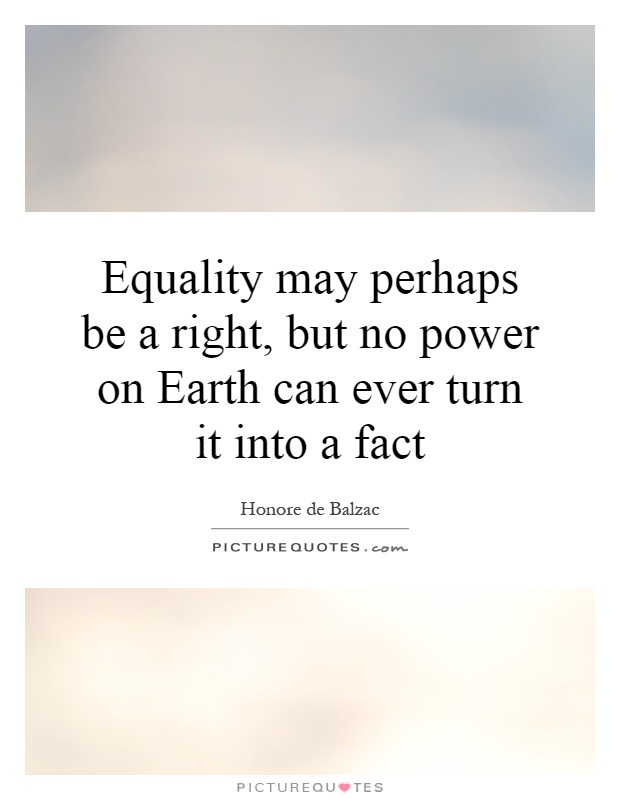
Equality may perhaps be a right, but no power on Earth can ever turn it into a fact
Honore de Balzac, a renowned French novelist and playwright, was known for his keen observations of society and human nature. In his works, he often delved into the complexities of social hierarchies and the struggles of individuals to achieve equality in a world that is inherently unequal. The quote, “Equality may perhaps be a right, but no power on Earth can ever turn it into a fact,” encapsulates Balzac’s understanding of the inherent challenges of achieving true equality in society.Balzac’s novels are filled with characters who come from different social classes and backgrounds, each struggling to navigate the rigid social structures that dictate their lives. In works such as “Eugenie Grandet” and “Lost Illusions,” Balzac explores the ways in which wealth, status, and power can shape a person’s destiny, often leading to inequality and injustice. Despite the ideals of equality that may be enshrined in laws and declarations, Balzac understood that true equality is a complex and elusive concept that cannot be easily achieved.
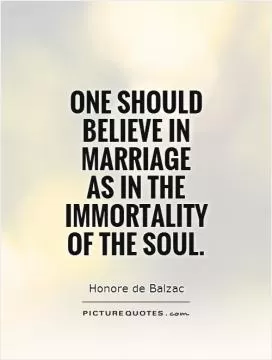
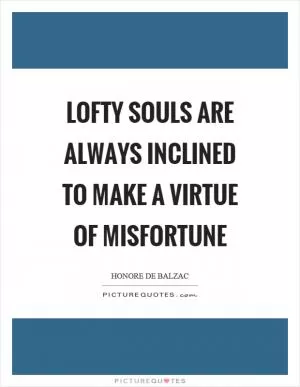
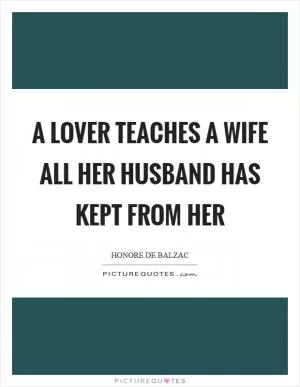
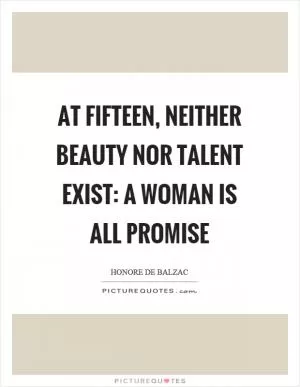
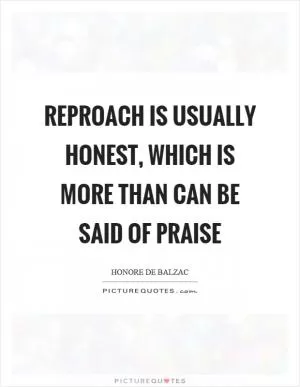
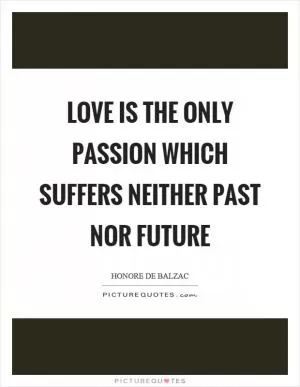
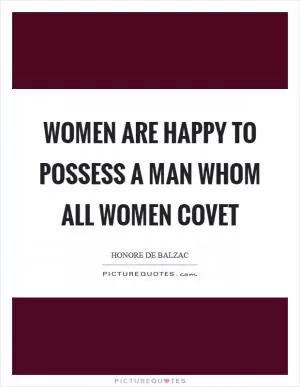

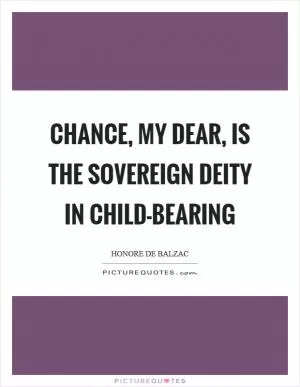



 Friendship Quotes
Friendship Quotes Love Quotes
Love Quotes Life Quotes
Life Quotes Funny Quotes
Funny Quotes Motivational Quotes
Motivational Quotes Inspirational Quotes
Inspirational Quotes